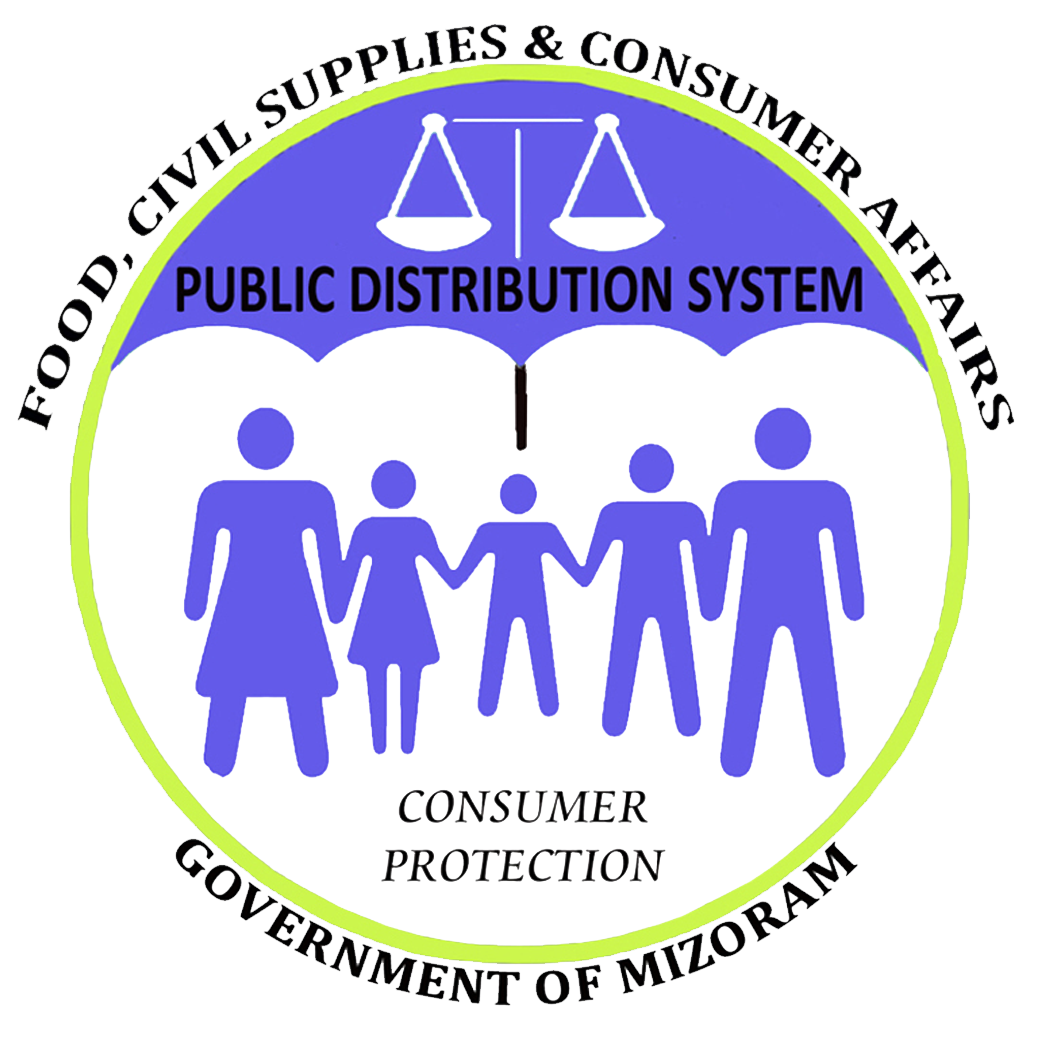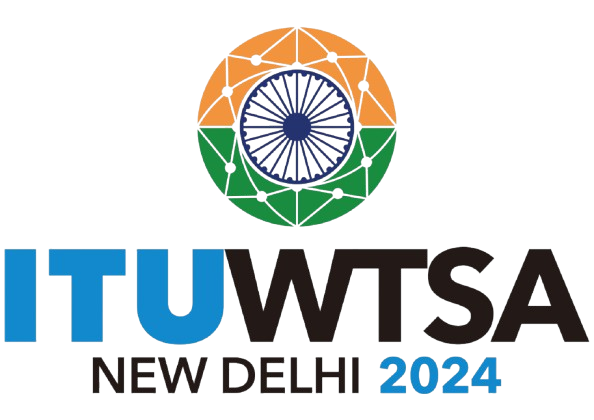AAY (Antyodaya Anna Yojana) Under AAY scheme the poorest among the BPL families are selected and issued AAY ration cards. Households having this card are issued 35 kgs (rice) at the rate of Rs. 3 per kg. The scheme initially targeted the 5% of the population who couldn’t have 2 square meals a day. It now also brings into consideration BPL households headed by widows, terminally ill persons, disabled persons or persons above 60 years with assured means of subsistence or societal support. The identification of AAY families and issuing of distinctive ration cards is the responsibility of the state government. The village councils finalize the list of AAY families in the village.
PHH (Priority Households) Households having PHH ration cards are issued 8 kgs of rice monthly per Beneficiaries at the rate of 5 Kgs at the rate of Rs. 3/- and 3 kgs at the rate of Rs. 15/- per kg. 5 kgs is Central Scheme under National Security Act-2013 and 3 kgs is the state scheme. The scheme targets the really poor and vulnerable sections of the society such as landless laborers, marginal farmers and wage earners of the informal sections of the economy. The identification of PHH families is the preview of the state government and identification is made as per the estimates adopted by the central Government and distinctive ration cards issued. The village councils/ local councils finalize the list drawn up by the designated authorities.
Non-NFSA (Non-National Food Security Act) As the Department of Food, Civil Supplies & Consumer Affairs is entrusted with ensuring that essential commodities are under the Public Distribution System reach all citizens so as to ensure food security regardless of the individual’s position in economically or otherwise, all those households who are not covered under PHH or AAY are issued ration cards nonetheless. Non-NFSA ration card holders are issued 8 Kgs of rice per beneficiaries at the rate of Rs. 15/- per Kg. This is to make the basic necessities of life within the grasp of all the citizens.


















